Longtan Lake, Plenty of History & Beers N Noodles
Monday, August 27, 2012
 Liuzhou, Guangxi Zhuang, China
Liuzhou, Guangxi Zhuang, China
Hey Hey and a Big G'Day toya,
Liuzhou, I totally loved Liuzhou city!
Even I find that strange as it is Guangxi’s second largest city. I ate, I snacked, I walked, I talked and then for the next several days did it all again. But surely I have told you how much I hate and fear cable cars, yet I took another one!
Its many ethnic groups give it a huge diverse culture such as a choice of languages, a mix of traditional folk customs and modern dynamism, ancient history, an agricultural tradition, rivers, mountains and lush green parks and for me Liuzhou is one of the more 'Large’ and attractive interesting cities to visit in Guangxi. Located in the north/central part of Guangxi Zhuang Autonomous Region bordering on Guilin in the east it shares a boundary with Hunan Province in the north and Guizhou Province in the northwest.
Also named the Dragon City, it is an historical and cultural city with beautiful scenery and SUPPOSEDLY an unbelievable forty seven minority groups live here which include the Zhuang, Miao, Yao and Dong. It is an important ancestral birthplace for South China as around fifty thousand years ago the Liujiang People and the Bailiang Cave People lived here.
Now For A Bit Of History
Liuzhou belonged to Guilin Shire during the Qin Dynasty (221BC-206BC), it was not until the Western Han Dynasty (206BC-24AD) that it became an independent city and it wasn’t until during the Tang Dynasty (618-907) that the name of this area was changed from Maping County to Liuzhou. Liuzhou has a typical karst landform with the Liuhe River flowing through the center of the city. It is surrounded by mountains in the east, west and north. The terrain consists of river bends in the city center, karst plains in the north, isolated peaks and valleys in the south, and river terraces, karst basins and hills in the east.
Eating In Liuzhou
Liuzhou is no different than any city in China and is awash with places to eat which range from incredibly cheap 'hole in the wall' noodle bars all the way to incredibly expensive high class restaurants to KFC and Mc Donald’s. Supposedly alongside of the local specialties almost every regional variation can be here. From Beijing style through to Mongolian hotpots, Muslim food from China's far west to hot and spicy food from neighboring Hunan and Sichuan provinces along with the well known Cantonese style (as we know Chinese food to be back at home).
And just like Tianyang, Liuzhou is particularly famous for snails and dog!
Now For A Bit Of History
I had no idea but Liuzhou is one of China's oldest cities and the locality has the longest recorded history in Southeast Asia.
In September 1958, a fossilized human skull was found in a cave sixteen kilometers southeast of Liuzhou. The fossil was named Liujiang Man by the Institute of Vertebrate Paleontology and Paleo-anthropology of the Chinese Academy of Sciences. Liujiang Man, who lived seventy thousand years ago is the earliest trace of modern Homo Sapiens found to date in Southeast Asia. The original inhabitants of the area are the Zhuang people who are related to the Thai and Vietnamese people who probably arrived in Guangxi via Yunnan Province.
In 221 BC, the Qin Dynasty Emperor, Qin Shi Huang invaded what is now Guangxi and added it to greater China but the city itself was founded in 111 BC, when it was named Tan Zhong. In 592 AD it became Ma Ping, then in 742 A.D. the first year of the reign of Emperor Tianbao of the Tang Dynasty the city was named Longcheng or ‘Dragon City’ This name is variously ascribed to the river resembling a dragon curled around the city or to a legend in which says that during the Northern and Southern Dynasties (420-589), eight dragons emerged from the Liujiang River.
Just like many parts of south east China, for many years Liuzhou was a place of exile for disgraced government officials. The most famous of these was the writer and statesman, Liu Zongyuan (773 - 819) who is commemorated by a park in the city. In 1736, the first year of the reign of Emperor Qianlong, the city was renamed Liuzhou, which roughly translates as 'the place of the willow trees.' The Taiping Rebellion (1851-1864), in which at least THIRTY MILLION PEOPLE are believed to have died, was launched from Guiping near Liuzhou.
The rebellion was led by Hong Xiuquan, who declared himself to be the younger brother of Jesus Christ.
In December 1938, the Government of Korea arrived in Liuzhou to organise opposition to the Japanese troops occupying their country. They remained until April 1939, when they were forced to move again when Guangxi came under threat from the Japanese. Their headquarters is now a museum (next to Yufeng Park). During World War II, Liuzhou was a base for the US Air Force 14th air fleet who were involved in air battles against the Japanese.
The city was occupied by the Japanese from November 1944 to June 1945.
Around the same time, the leader of North Vietnam's Communists, Ho Chi Minh was detained by the Kuomintang police in Guangxi in August 1942. The communist parties of Vietnam and China made concerted efforts to rescue him. After Ho was released in September 1943 he lived in Liuzhou (Liushi Road) for one year and his residence was restored in 2002 and is now a museum.
What Is There To Do Now In Liuzhou?
Apart from a number of parks, there is not a great deal of tourist attractions in Liuzhou city. Despite the city's great age and due to the Japanese very little remains of its history. However, the city can be a good base for exploring the surrounding area and it is possible to while away a day or two in the city itself as much of Liuzhou's charm and interest is in simply walking and eating your way around the city observing the people, markets and shops.
Liuhou Temple and Park
Situated in the centre of the city, near the city square, this park is a commemoration of Liu Zongyuan (A.D.773-819) who was born in Shaanxi Province and was a famous writer, thinker and politician during the Tang Dynasty. He held a diplomatic post but was demoted for taking part in a failed political reform movement. He held office in Liuzhou during the latter part of his life (A.D.815-819).
During his time in Liuzhou, he issued orders to reform the local law stipulating that slaves could redeem themselves, contributed money to help poorer families regain their freedom, attached great importance to agricultural production and organised farmers to open up the wastelands and plant bamboo and other trees. He wrote many famous articles among which are ‘Words from Heaven’, ‘Answers from the Earth’, ‘The Theory of No National Borders and ‘The Nature of Royalty’ which were all written after he was demoted and were philosophical works and a strong attacks on the then popular theology.
He also held that ‘the desire of the common people’ was the impetus behind the development of history and denied the point of view that history is created by ‘Gods & Sages’. Overall, a very realistic and wordy man!
Longtan Lake Park
I found this park during one of my random walk and is probably the nicest park in Liuzhou. Dragon Pool Park is found in the south of the city, approximately three kilometers from the centre and for me it made an extremely pleasant place to walk and relax. The park has a minority nationality theme which I barely noticed so unlike many minority parks here in China isn’t overdone.
Beers N Noodles toya…..shane
PS: Until I got to my hotel I never knew how freely possible it was for a man to have a bit of fun with Sarah Michelle (Buffy The Vampire Slayer) but here in China, it seems all fantasies come true. It took about five minutes before I stopped laughing and then I thought hey, maybe they have some Lucy Liu or Ming Xi condoms for the times I want to slip into something more comfortable!
___________________________________________________________
The soundtrack to this entry was by Fear Factory
The album was ‘Fear Is The Mindkiller’
____________________________________________________________
Other Entries

 Liuzhou, Guangxi Zhuang, China
Liuzhou, Guangxi Zhuang, China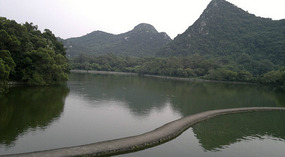
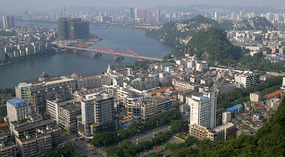
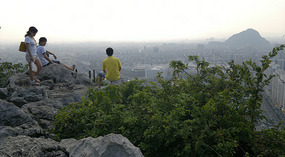
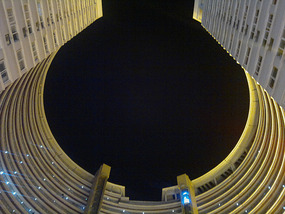
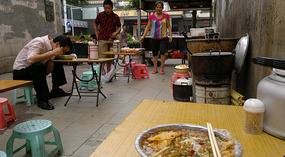
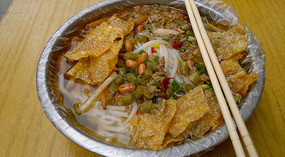
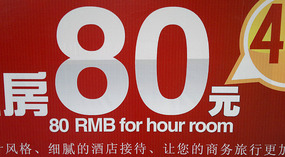
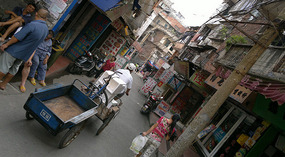
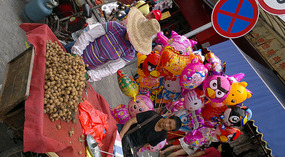
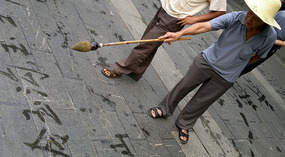
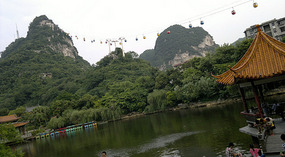
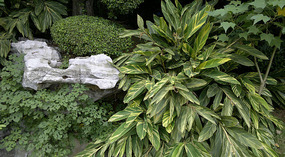
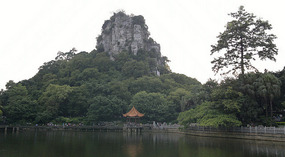
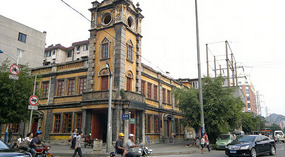
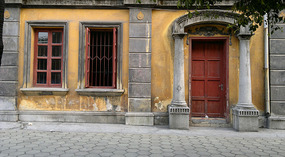
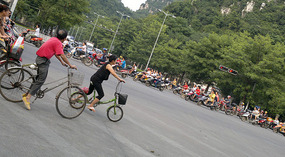
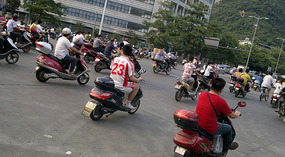
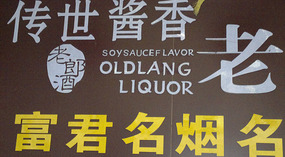
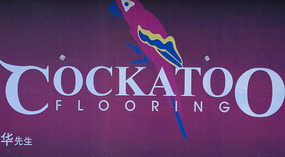
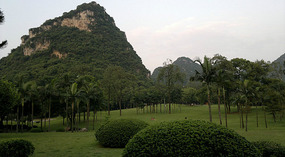
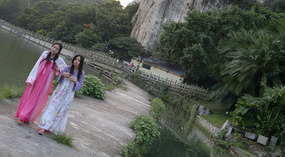
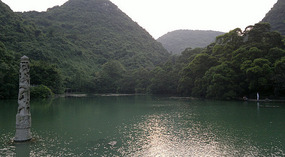
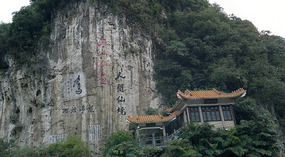
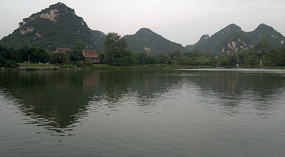
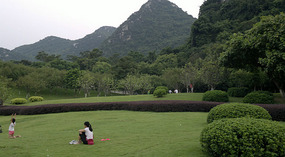
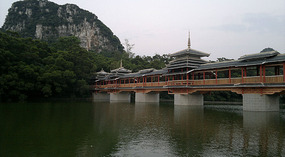
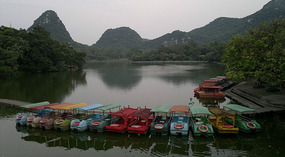
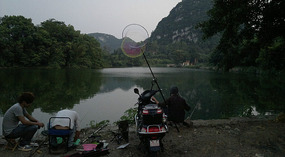
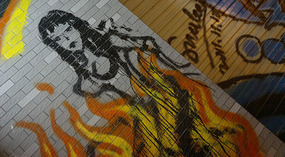
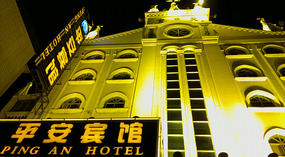
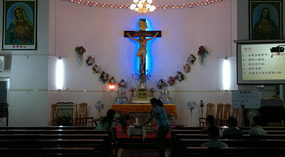
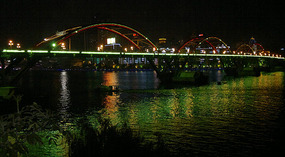
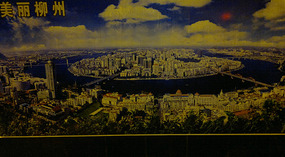
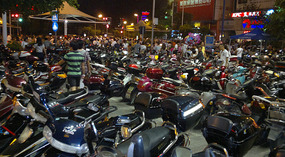
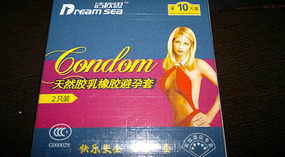
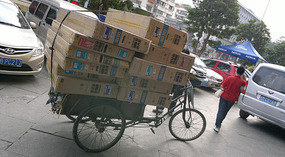
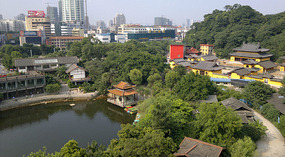
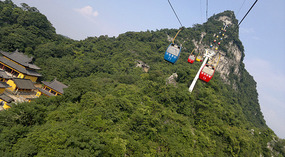
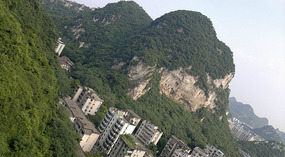
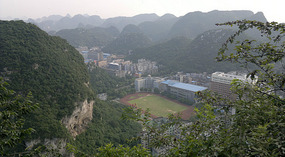
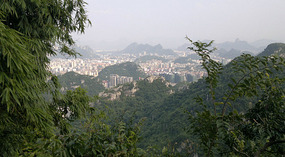
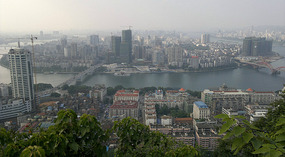
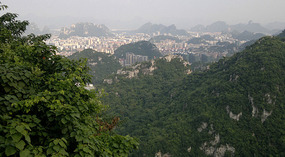
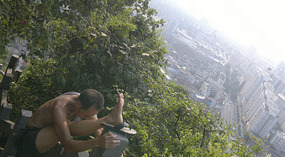
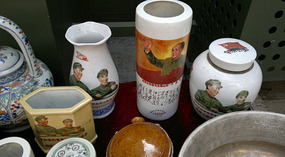
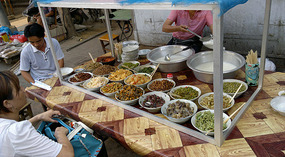
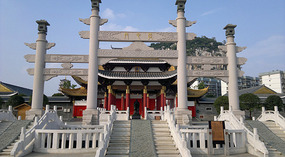
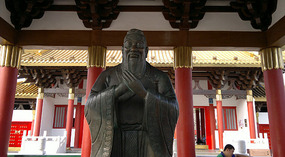
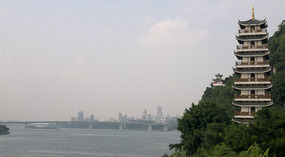
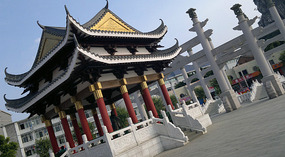
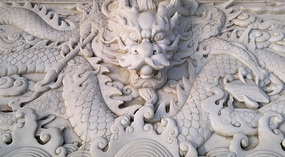
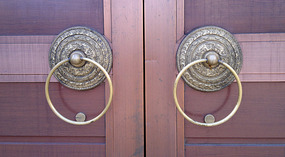
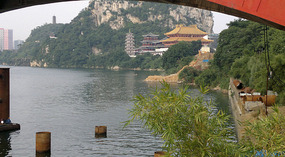
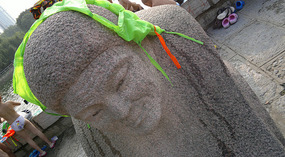
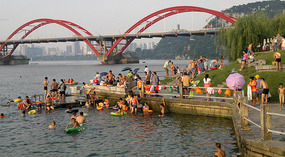
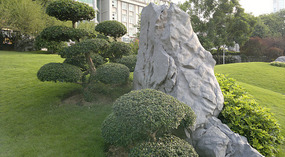
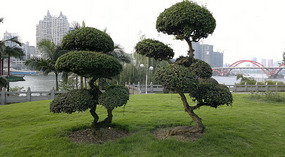
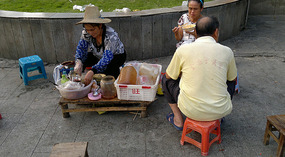
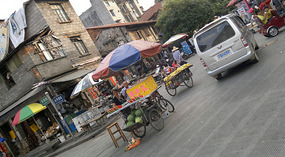
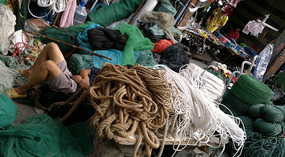
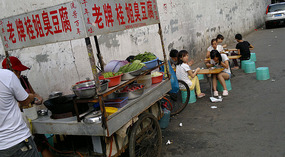
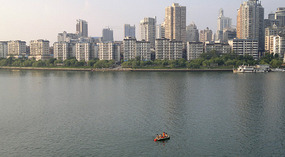
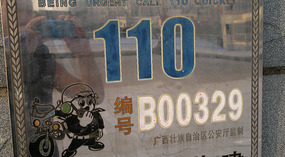
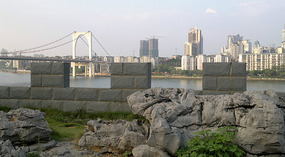
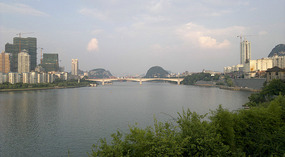
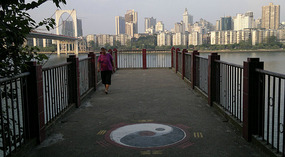
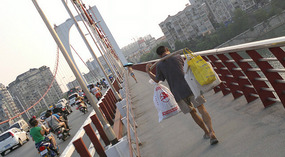
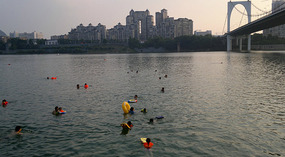
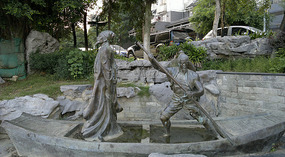
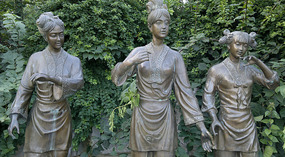
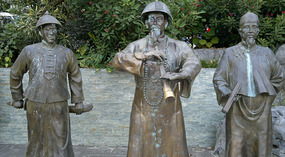
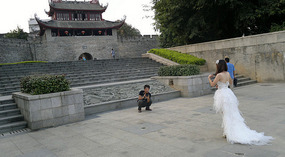
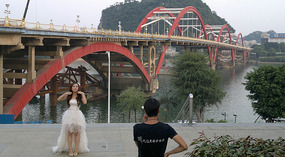
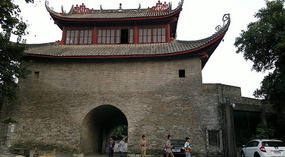
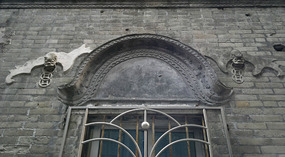
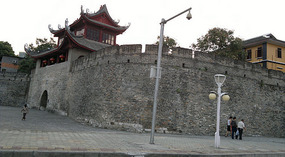
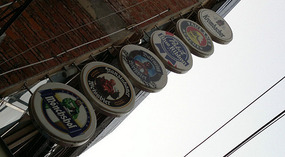
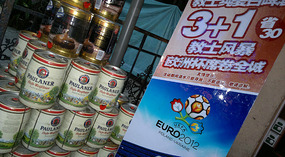
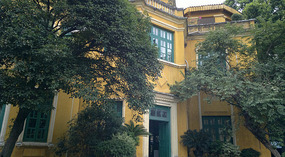


2025-05-22